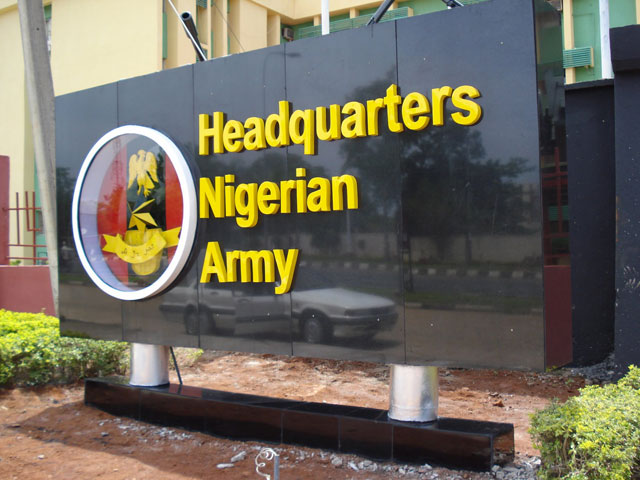I woke up this morning to the news that a lawsuit filed by three individuals on behalf of the Odi Community in Bayelsa State over the November 1999 massacre of the community by the Nigerian Army on the orders of the Obasanjo administration as a reaction to the abduction and killing of six policemen had been decided upon, and the verdict going the way of the plaintiffs with damages of about N37billion which must be paid in 21 days.
Finally, the people of Odi have gotten some sense of justice after the sacking of the community and the killing of innocents following the actions of a few who have not been caught till date. Expectedly, the Federal Government would appeal the ruling and this might drag through the years all the way to the Supreme Court, whose judgement shall be final.
The action of the Nigerian Army in Odi is not an isolated case, as two years later, they were to sack the Zaki-Biam community for the abduction and murder of 19 soldiers, again under the orders of the Commander-in-Chief. Added to this are the innumerable cases of murder resulting from police brutalities which are never investigated, and then the allegations of extra-judicial murders against the Joint Task Force in Borno State trying to restore order from Boko Haram’s terrorist activities.
Looking at this judgement on the Odi massacre, I see in it the potential of Nigerians using the court system, broken and slow as it is, to force our security agencies to reform. Despite the fact that a lot of excesses are committed by the security agencies, very few of them result in court cases against them, no matter the preponderance of evidence against them. However, in the few cases that have come before the courts of law, judgements have gone the way of the plaintiffs with heavy damages. Two examples especially come to mind: the harassment and beating of Miss Uzoma Okere by naval ratings attached to Rear Admiral Harry Arogundade, for which she was awarded N100m; and the beating of a journalist, Desmond Utonwen by policemen who was also awarded N100m.
Ever since these cases were brought to public knowledge with the resulting court cases and judgement, especially in the case of the Nigerian Navy, I am yet to hear of any incident where its men and officers stretched or broke the law with their behaviour resulting in harm for fellow Nigerians. This means that they have been taught a lesson they are not to forget anytime soon.
Now, if say, half of all cases of extra-judicial murders and brutalities by our security agencies are brought before courts of law, a more than sizeable proportion is capable of going the way of those suing the agencies. With hefty damages as those given to Miss Okere and Mr Utonwen, or even as the one awarded to the Odi Community, it will cause the security agencies to have a rethink on their behaviour and attitude in the way they discharge their duties. They definitely cannot be paying such large amounts of damages all the time without feeling the pinch, as they would also be spending time and money in courts.
This is a challenge that should be taken up by the Offices of Public Defender across the nation, and also the numerous human rights organizations in Nigeria. Many of these victims do not have the resources to take these cases to court, so they weep in silence and trudge on with their lives. For a few others, their situation makes it to the pages of newspapers, makes for sad reading and has us shaking our heads, after which the case dies and the victims are forgotten. A case in point is the murder of Uzochukwu Ozuah, five days after his wedding, which had us seething in anger against the police. Yet, till date, not a single case has been filed in court about it.
Unless the security agencies are punished for their excesses and misbehaviours, there would be no incentive for them to reform.
We can take advantage of the punitive mission of our court system and force the security agencies to reform. This is exactly what we should be doing.

